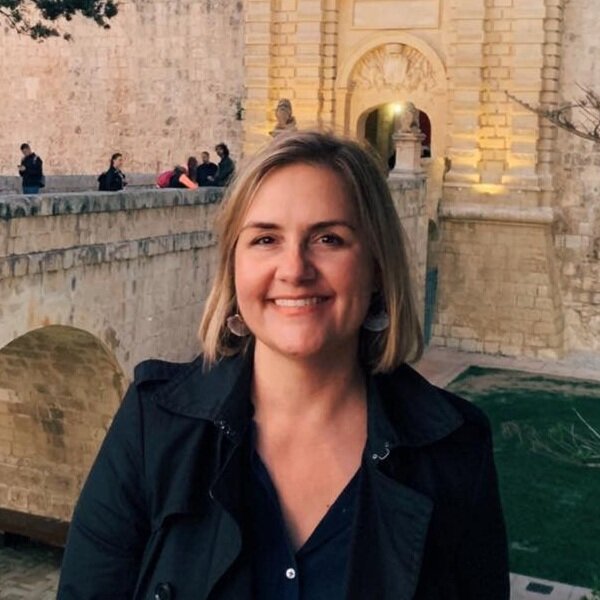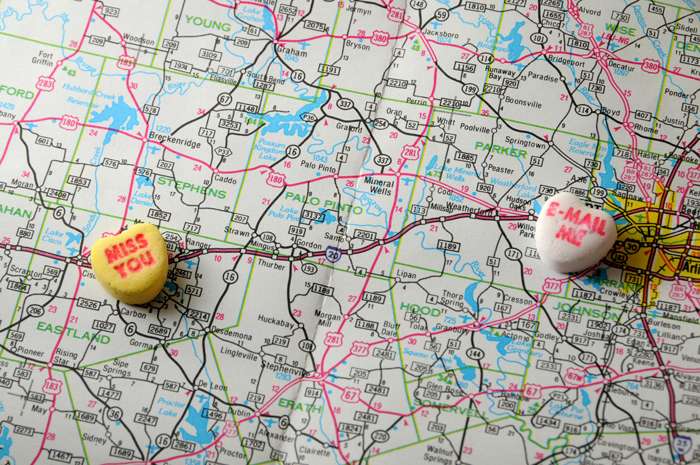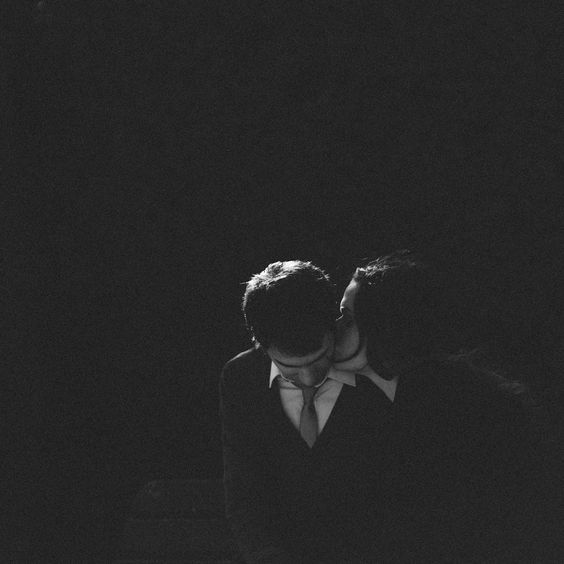"How fascinating!"
/Or: Jedi mind tricks of raising teens, part 2
Years ago my mom gave me the book How To Think Like Leonardo da Vinci by Michael Gelb. A lot of what he had to say about creativity, curiosity, whole-brain thinking and getting comfortable with ambiguity really clicked but one of the clearest take-aways for me was his encouragement to treat any failure or departure from the expected with curiosity. He recommended greeting these experiences (epic or otherwise) with the attitude and phrase "How fascinating!".*
Ten years later G attended a professional conference/retreat where Gelb was the keynote. As part of his presentation Gelb has everyone get up and begin to learn to juggle. G brought home his newly hatched juggling skills and sometimes could be heard muttering, in the middle of a torrential rainstorm of juggling balls, "How fascinating!" We've adopted it as a part-sarcastic, part-sincere (sometimes almost semi-expletive) phrase when things don't go as planned. But the sentiment, especially in matters related to family life, is actually pretty helpful. Since writing about the Jedi mind tricks of raising teens, I've been on the lookout for other candidates. I think "how fascinating!" may come in handy.
Think of it as playing curious anthropologist in investigating the native habits, rituals, and behavior of the modern teenager. We're on a quest of curiosity, assigned to gather information and understand this foreign culture. Perpetual socks on the floor? How fascinating! Never turned in the homework for that biology class? How very fascinating! I'll just go file that away in the teen ethnography in my head.
Okay, clearly this doesn't actually address the socks on the floor/missing homework dilemmas. The beauty of this tactic is that it's not about solving but understanding. Sure, it's probably just a rest stop on the way to problem solving but there are moments in this gig when a little detachment--a little scientific objectivity-- is a life saver.
*Benjamin Zander and Rosamund Stone Zander use the exact same phrase in a chapter of their wonderful book The Art of Possibility. I'm not sure who captured it first so I'll give them each a shout out here. (But I read it first in Gelb.)


















